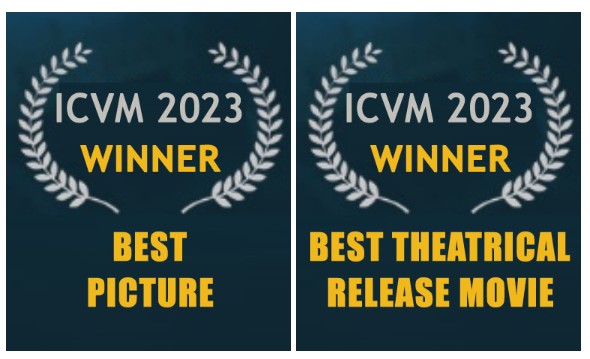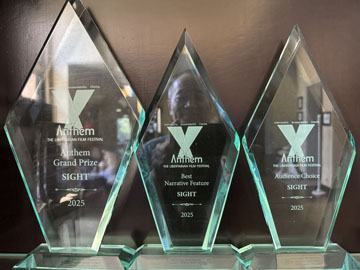A journey of a thousand miles starts with the first step. The first step in overcoming polarization is to find common ground.
Dr. Ming Wang, Guest Columnist, Pubished Nov 9, 2020 on Tennessean.com
As the storm of perhaps the most polarizing election in our nation’s history begins to wane, in its wake we are left with the wreckage of hyperpolarization and distrust among fellow Americans.
What have we become as people in this, the greatest country on earth?
We are so hyperpolarized that we see only our differences rather than what we have in common.
One only needs to look at the lives that have been so tragically lost during this pandemic to realize how much our focus has been placed on politics and ideology rather than the medical issue itself and human suffering.
How did we get here?
In his book, "Why We’re Polarized," Ezra Klein explains that the polarization is a result of the alignment of multiple identities, exacerbated by the media that deliberately takes advantage of our emotional, reactive and irrational selves.
If we are going to resolve conflicts, here is a way to do it
Where should we go from here?
A journey of a thousand miles starts with the first step. The first step in overcoming polarization is to find common ground.
Common ground is the cornerstone of resolving conflicts. More than simply a compromise, it generates a new vision of shared interests and values, discovered through collaboration.
Common ground gives us the best opportunity to identify and avoid the manipulation of our emotional selves by those who benefit from increasing our division. It allows us to focus on information and rational analysis rather than raw emotions and impulsive reactions.
Common ground reminds us that we all have a shared humanity on Spaceship Earth. Our opinions may differ, but we are not enemies. We need to separate the position from the person and policy from value in order to have more civil discourse. The Bible backs this up: “Treat your neighbor as you want to be treated yourself.”
We grow as individuals if we seek to befriend people who are not like us
As a young man, I escaped China from being deported to labor camps for life without reason.
I have come to appreciate the freedom and mutual respect we enjoy here in America, exemplified beautifully by this famous saying, “I may not agree with what you say, but I will defend to my death your right to say it.”
Common ground allows us to stand in the shoes of others, and look at issues from their perspectives. We need to learn to speak in the language of the listener, since doing so will lead to greater understanding and empathy towards each other.
Each of us has a limited life experience and therefore, limited viewpoints. When we get along with someone who has dissimilar views based on a different life experience, we learn and grow as individuals. In fact, we learn the most when we communicate with people who have views opposite our own!
Through a genuine, productive process of finding common ground, we will be inspired to change and become better human beings who are more willing to work cohesively with others. This is the key to navigating these tumultuous times and achieving the goal of America's motto: “E Pluribus Unum” (Out of many, one).
Dr. Ming Wang, MD, PhD, can be reached at This email address is being protected from spambots. You need JavaScript enabled to view it., www.drmingwang.com. He is a co-founder of the 501c(3) non-profit Common Ground Network (www.commonground.network).





